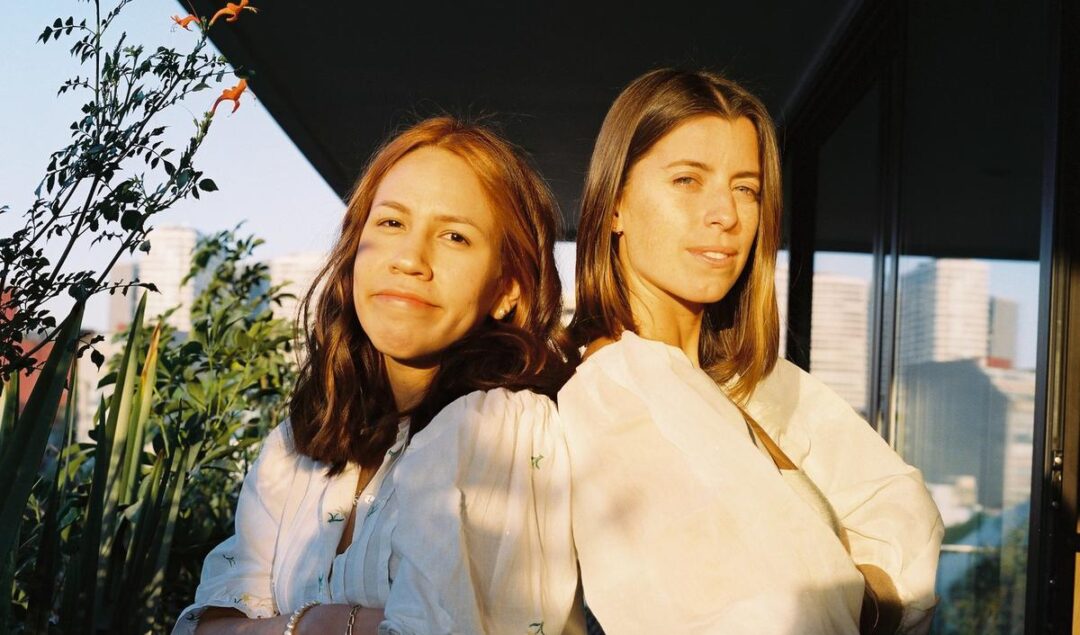Why This Duo Set Up A Tech Community For Female Founders In Latin America

In 2020 none of the $4.4 billion in venture funding raised in the region went to female founder-led startups. The lack of support in the early stages of entrepreneurship, poor access to capital, and the lack of women investors in venture capital funds are among the main reasons.
Of the more than 800 companies recently surveyed by Endeavor and Mastercard for a whitepaper on bridging the gender gap within tech companies in Latin America, only 23% had at least one woman on their founding team, and only 9% had one or more all-female founders.
Racial and ethnic diversity efforts have also become more central in specific Latin American countries like Brazil, where black Brazilians made up less than 5% of the top positions of the top 500 companies despite a population that is 54% black but there’s still a long way to go.
Michelle Fischman and her co-founder started Amela to fix the gender gap.
Originally from Peru and now based in Mexico, Michelle Fischman is the head of platform at Nazca, a venture capital firm focused on early stage investments. She previously worked at Endeavor México. With Anais Cisneros, she also founded Amela, a community of female founders in Spanish-speaking Latin America.
Amela is a community that was born with the aim of supporting Latin American women entrepreneurs –focused on tech projects.
It seeks to centralize knowledge, generate contact between entrepreneurs and investors and raise the voices of women in the venture capital ecosystem, as explained on its website.
It has a purpose of serving as a collaboration platform, centralizing knowledge and good business practices to learn and grow together, connect Latin American entrepreneurs with investors and raise the voices of women entrepreneurs in the venture capital ecosystem.
When asked why she launched the fund, Mischman told Rest Of The World: “Last year, Anais Cisneros and I read that none of the $4.4 billion in funding for 2020 in Latin America went to female-only founded startups. That was eye-opening for us. We didn’t understand why it was zero. We said, “OK, what’s happening?” We started more research.
“I was working at Endeavor back then. I was about to move into Nazca, and we realized that female founders didn’t have the same exposure as male founders. It was a major pain point. So we said, “OK, now what are we going to do about this?”
“That’s how Amela was born. We help founders with funds mapping and introductions, and we have a mentor pool that helps them with their pitch, their deck, their data room, and their business model.”
Speaking on the roadblocks and the challenges experienced, she added: “Latin America is still evolving, but it’s behind in many ways. Women do not have the same visibility as men.
“The media and the ecosystem just doesn’t give visibility to what female founders are doing. I’ve also heard a lot that when it comes to pitching, if a woman does not have what’s perceived as a strong enough attitude, investors don’t take them seriously. `’



